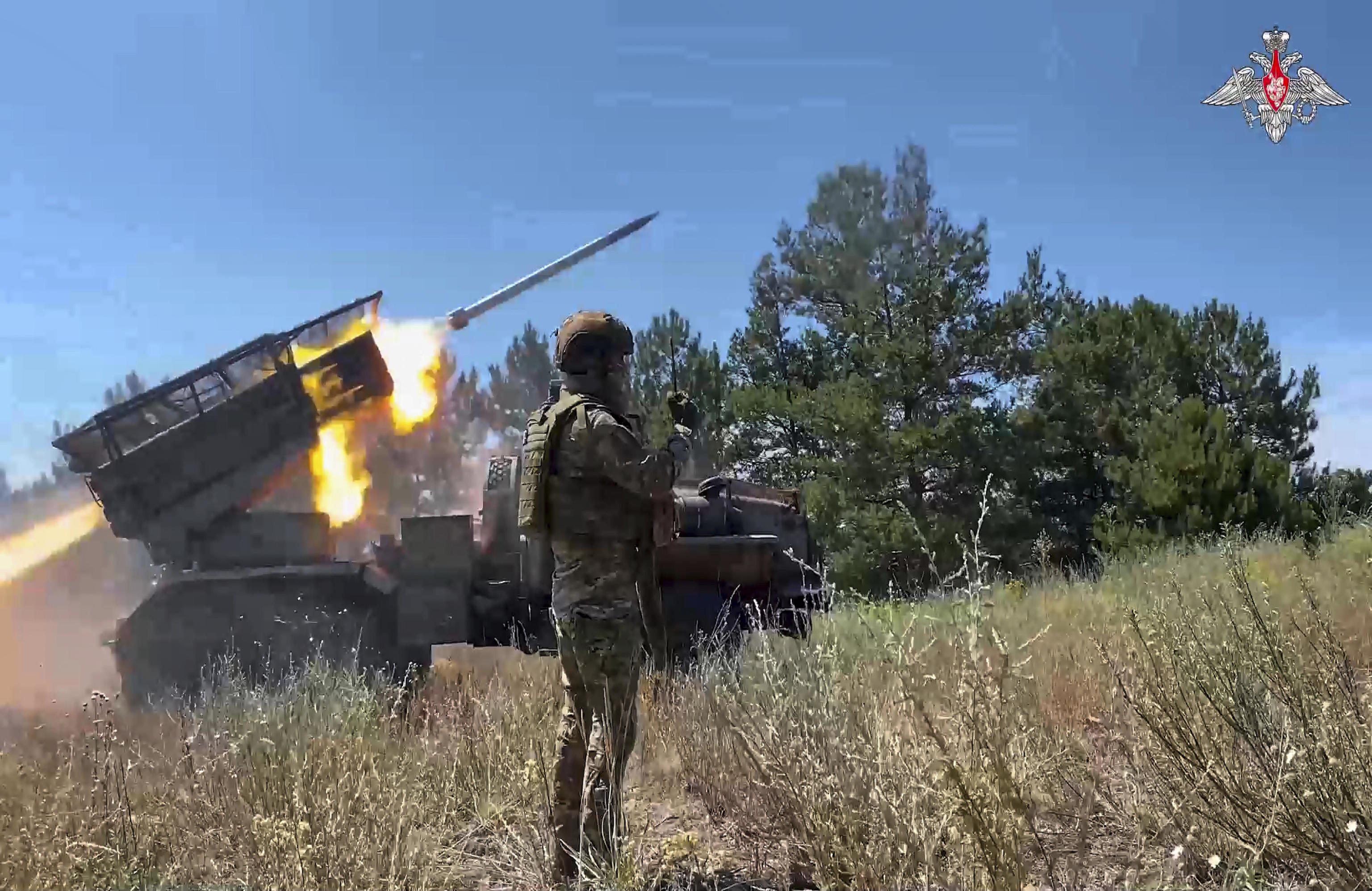An old conflict resurfaced in mid-May on the border between Cambodia and Thailand when a Cambodian soldier was killed after a brief confrontation. This reignited a territorial dispute dating back over a century when the over 800-kilometer border was first drawn by the French during Cambodia's colonial period. On Thursday, both troops further escalated tensions with another exchange of gunfire and bombings. The clashes have spread across six border points.
Thailand has closed its entire border after the clashes. The Thai army was the first to report that Cambodian soldiers had opened fire near the Khmer temple Ta Muen Thom, 400 kilometers northeast of Bangkok. The Cambodian Ministry of Defense then tried to clarify that their soldiers were responding after Thai troops fired the first shots.
Following the blame game, both neighbors deployed more troops to the hot zone of the border, along with flying several drones over the disputed area and launching bombings in border regions.
"Our troops exercised their right to defend their sovereignty and territorial integrity against the aggression of Thai troops," said Maly Socheata, a spokesperson for the Cambodian Ministry of Defense. "We used air power against military targets," said Richa Suksuwanon, spokesperson for the Thai army.
According to Thai authorities, at least one soldier and 11 civilians, including an 8-year-old child, were killed, and over a dozen were injured after the Cambodian army launched rockets at several border points. In one incident, two BM-21 rockets hit a residential area in the Thai province of Surin.
"Cambodia has always maintained a stance of wanting to resolve issues peacefully, but in this case, we have no choice but to respond with armed force to armed aggression," Prime Minister Hun Manet stated in a Facebook post. His father, Hun Sen, who ruled Cambodia for 38 years, also wrote on social media that the Thai army had bombed parts of two Cambodian provinces.
Diplomatic relations are now completely severed. Cambodia announced the expulsion of the Thai ambassador after Bangkok ordered the closure of border crossings in the eastern part of the country. Hours before the latest clashes erupted, Thailand had expelled the Cambodian ambassador in protest over a landmine explosion that injured five Thai soldiers.
Since Cambodia ceased being a French colony in November 1953, the border has witnessed several military confrontations. Phnom Penh has rejected the division drawn by the French and has requested a new ruling from the International Court of Justice (ICJ), the main judicial organ of the UN, on the disputed areas. However, Bangkok does not recognize the ICJ's jurisdiction and also claims some areas controlled by Cambodia, arguing that they were never strictly demarcated.
The first clash in May between the two armies, besides reigniting the conflict, also triggered a major political crisis in Thailand after Prime Minister Paetongtarn Shinawatra referred to former Cambodian leader Hun Sen as a tyrant highly despised by Thais. This led to massive protests in Bangkok, resulting in the Constitutional Court suspending Paetongtarn from office for "dishonesty" and "ethical violations."
In an attempt to ease tensions between the two Southeast Asian neighbors, the Thai leader addressed Hun as "uncle" and blamed a Thai military commander for the recent incident. When local media released excerpts of the conversation, public outrage ensued, leading a key party in the ruling coalition to break ties with Paetongtarn. The leader apologized, stating that her words were a "negotiation tactic." However, protesters flooded the streets of central Bangkok in the largest demonstration in the past two years.
A veteran politician named Phumtham Wechayachai was appointed as interim prime minister of the Buddhist kingdom, who acknowledged on Thursday, following the latest escalation of the conflict, that a solution to the "delicate" dispute must be addressed promptly. Despite many voices in the Thai government stating that their army will continue to respond forcefully if Cambodia "persists in their armed attacks."
